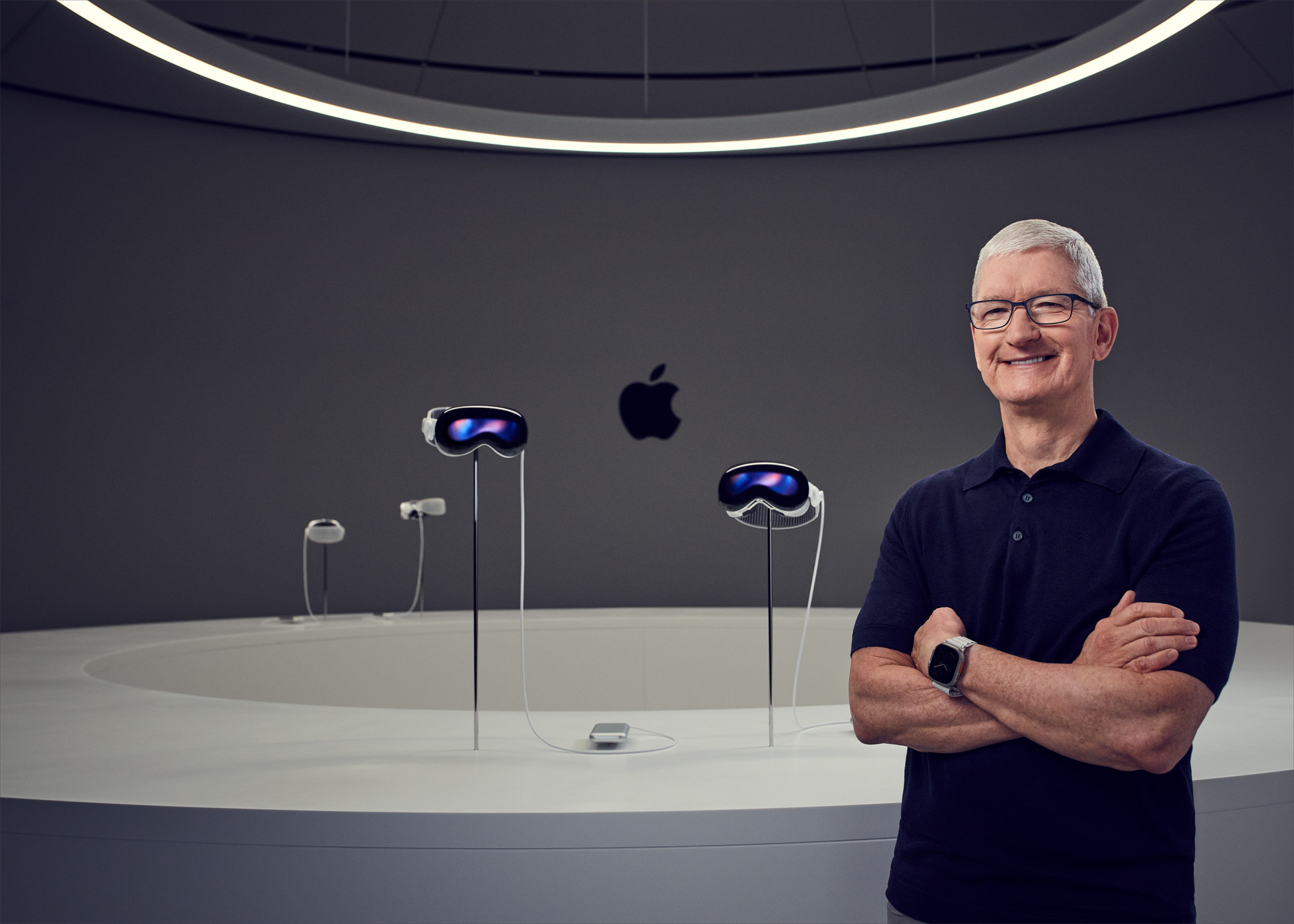Google Gemini: Everything you need to know about Google's new AI
Mirror, mirror on the wall. Who's the smartest AI model of all?
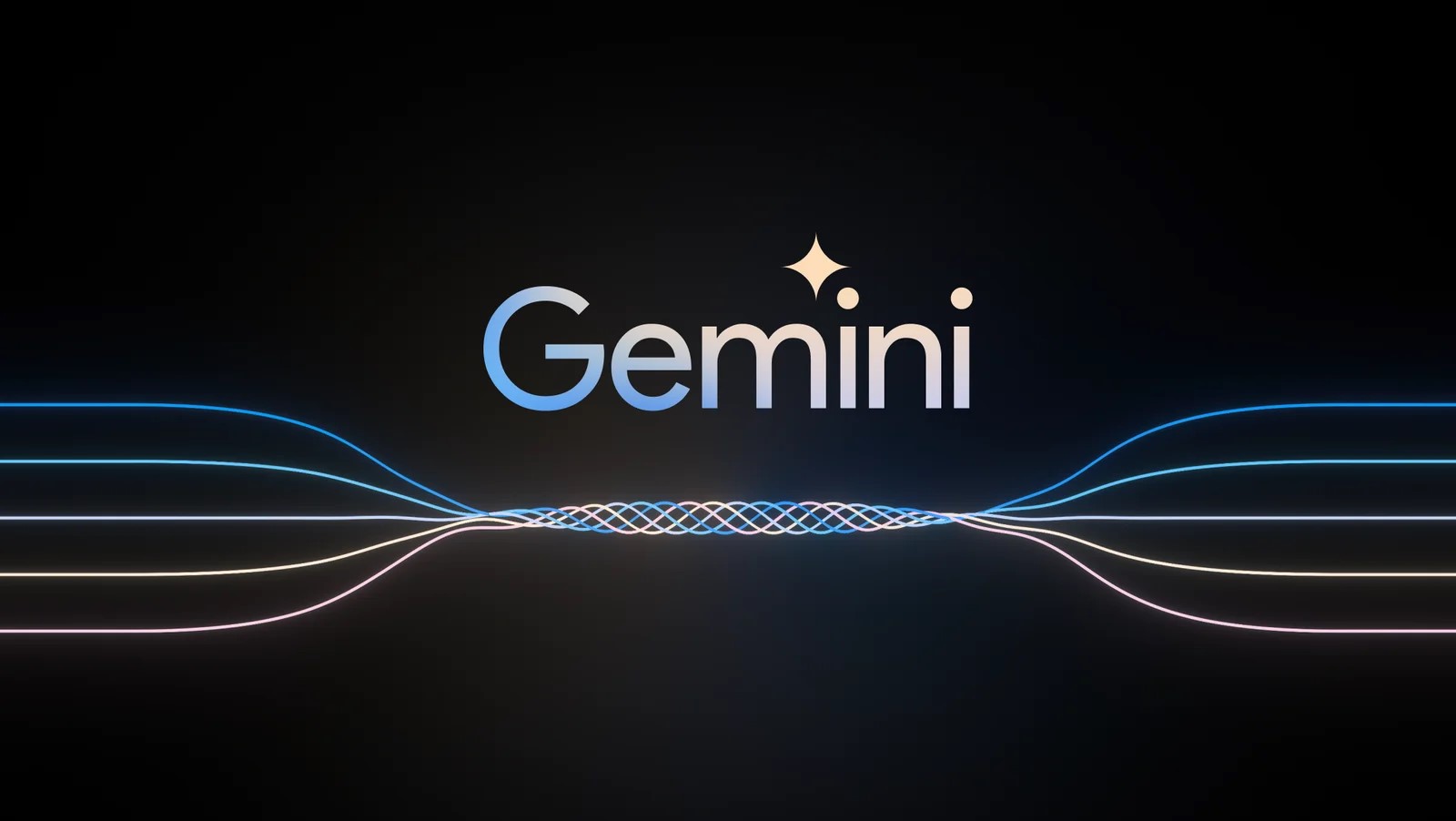
The AI race is on, and Google Gemini is one of the frontrunners. Gemini was first introduced as Google's newest AI model in December 2023, replaced Bard in February 2024, and has since gone on to become one of the best AI models we have access to today.
That's not to say Gemini doesn't have competition. Its two biggest competitors are currently OpenAI's GPT-4o and the soon-to-be-released Apple Intelligence. And Gemini isn't immune to hallucinating or giving the occasional comically terrible response.
AI models generally have a long way to go before they offer minimal errors, but Gemini remains one of the top contenders if you're interested in using AI to make your life easier.
If you're wondering where Gemini is available, what features it offers, and how private it is, we've got you covered. Here's everything you need to know about Google Gemini.
Gemini availability and supported languages
When Gemini first rolled out in December 2023, it was only available in English in over 170 countries and territories. As of this month, Gemini is currently available in over 40 languages across more than 230 countries and territories.
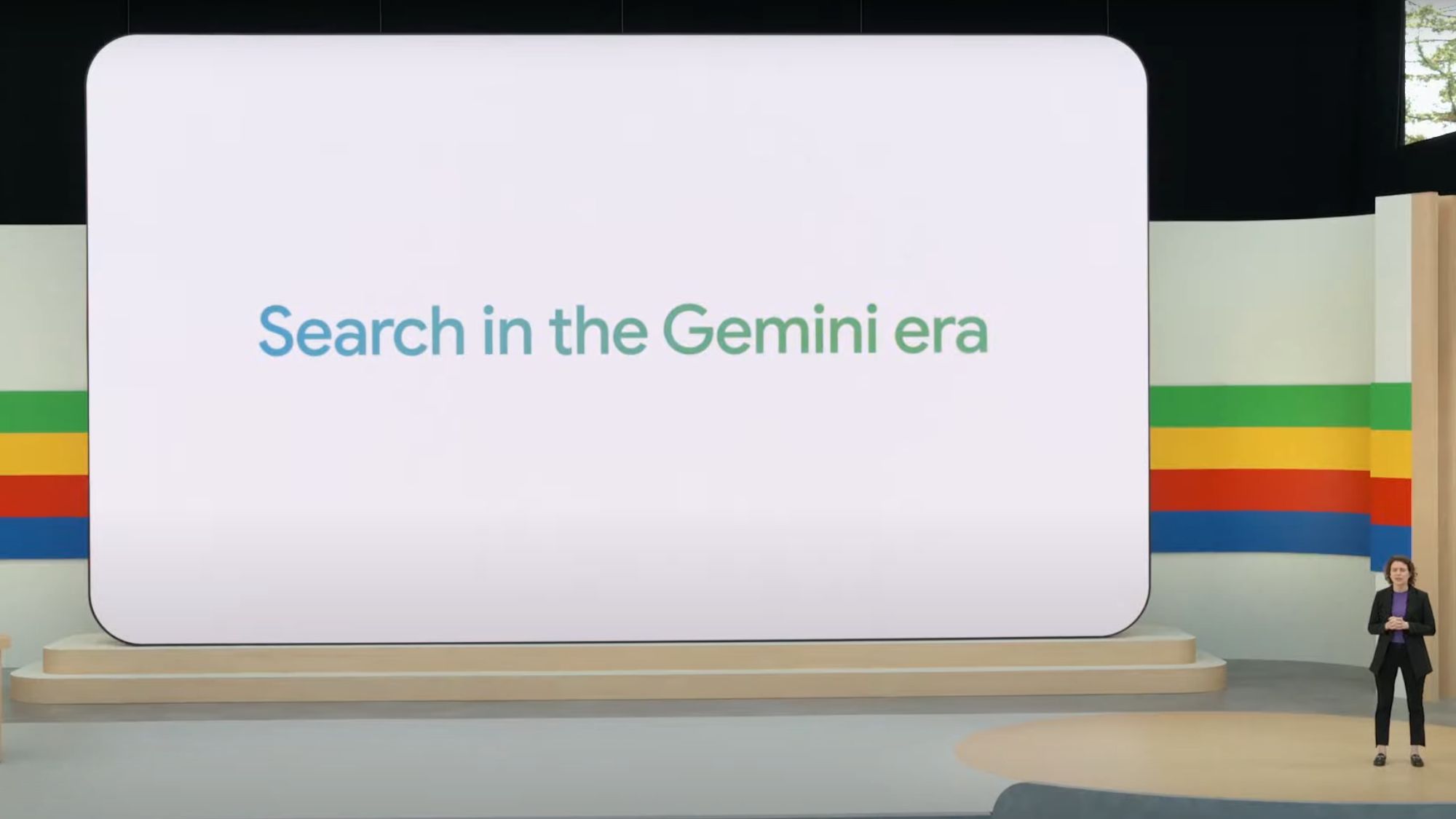
You can view a full list of supported languages on Gemini's FAQ page, but here are some of the 40+ supported languages:
- Chinese
- Danish
- Dutch
- English
- French
- German
- Hindi
- Italian
- Japanese
- Korean
- Polish
- Portuguese
- Spanish
- Swedish
- Turkish
- Thai
- Viatnamese
There are two ways you can use Gemini: directly via the Gemini mobile app or by switching Google Assistant to Gemini. Google compiled a list of supported countries and territories for both of these use cases for Android phones, as well as which countries support Gemini via the Google app on iPhone. Here are some of the supported countries:
Stay in the know with Laptop Mag
Get our in-depth reviews, helpful tips, great deals, and the biggest news stories delivered to your inbox.
- United States
- Canada
- Mexico
- Germany
- France
- India
- South Africa
- United Kingdom
- Australia
- New Zealand
- Greece
- Sweden
- Switzerland
- Indonesia
- Spain
- Brazil
Google plans to continue teaching Gemini more languages and rolling it out to even more countries, so if you don't see your language or country listed as supported right now, check back in a few months.
Gemini mobile app device compatibility
Even though Gemini is an AI model from Google, you can use it on both Android phones and iPhones.
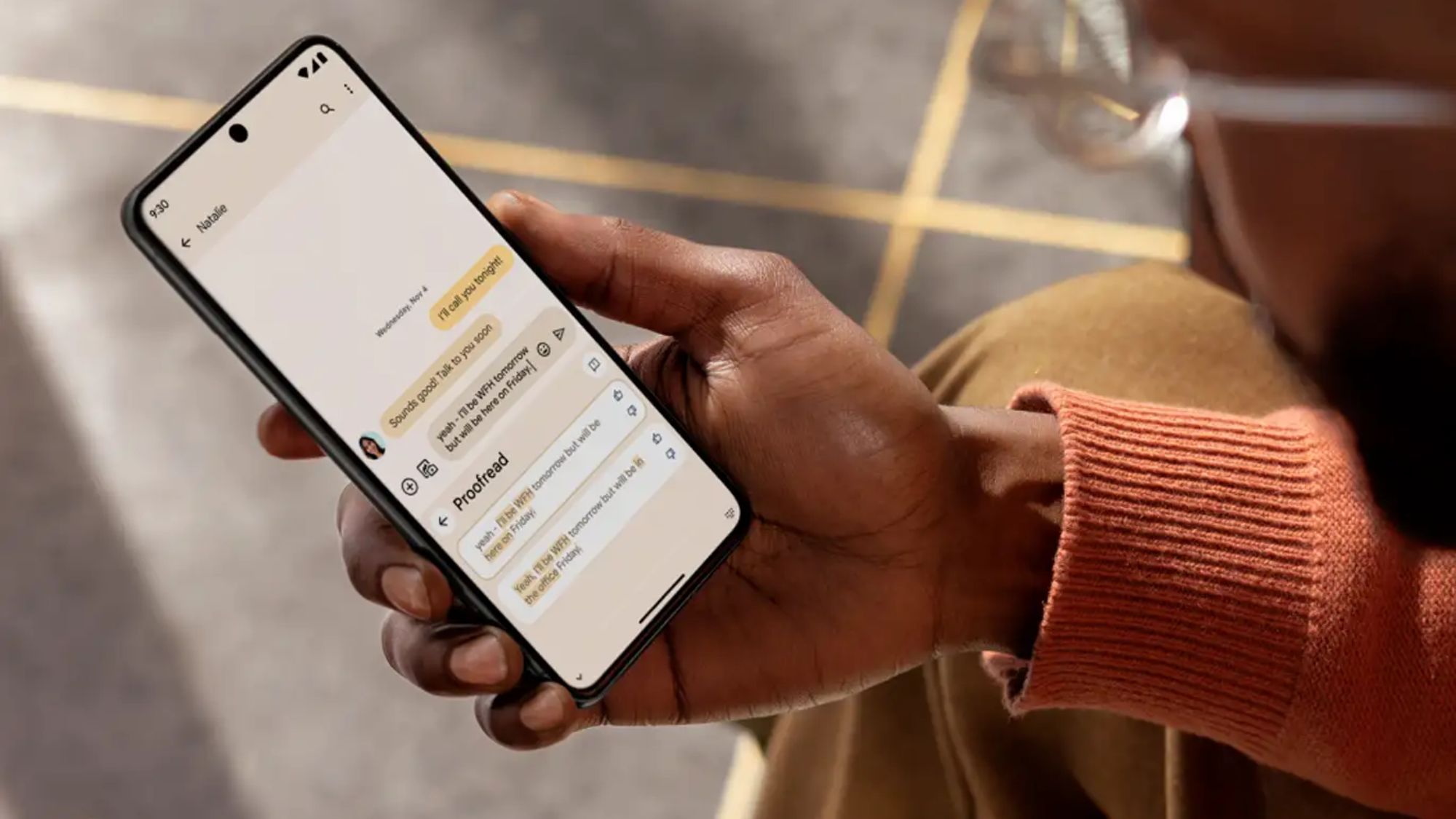
If you have an Android phone with at least 2GB of RAM that's running Android 10 and up, you can change your mobile assistant from Google Assistant to Gemini. Or, you can download the Google Gemini app directly from the Google Play Store.
For iPhones running iOS 16 and up, you can access Gemini via the Google app on the App Store. After you download the app, there's a tab at the top of the screen that allows you to switch between Google search and Gemini.
Gemini features
Unfortunately, Gemini can't help you with physical tasks, like doing your laundry or cooking dinner for you. But pretty much any mental task you can throw at Gemini, it can help you out with.
This includes writing, planning, answering questions, learning, coding, completing math problems, automating computer tasks, and more. To get more specific, let's dive into a few examples of these scenarios.
When you think of Gemini helping you write, your first thought might be that this feature is only for students tasked with writing school papers. But think about how much writing you do in your daily life, both in your personal life and at work. Gemini can help you generate titles for work projects, respond to emails in a different tone than you want to use, or come up with creative captions for social media posts.
Using Gemini to help me plan is one of my favorite ways to use it. You can ask Gemini to create a 7-day itinerary for your upcoming vacation, generate ideas for social media or a work project, or come up with a chore chart for your household. Basically, if something's going to take you a while to create, consider asking Gemini for help first to give you a jumpstart.
Similarly, Gemini can create active study plans tailored to you and your needs, with "step-by-step instructions, sample quizzes or back-and-forth discussions," helping you learn better and faster. You can ask Gemini anything, and get a detailed response, often with listed sources so you can see exactly where it got the information.
I've even used Google's rebranded AI chatbot to help me find new recommendations for video games, TV shows, movies, and books to try out based on my previous favorites. Truly, the possibilities are endless.
Gemini Advanced
Gemini Advanced is a monthly subscription that gives you access to "Google's most capable AI models and exclusive features."
The free version of Gemini uses the 1.5 Flash model, helps you with writing, planning, learning, and other tasks, and is integrated with some Google apps. Gemini Advanced uses Google's 1.5 Pro model with a 1M token context window, works faster, tackles more complex questions and topics, and is integrated with more Google apps, like Gmail and Docs.
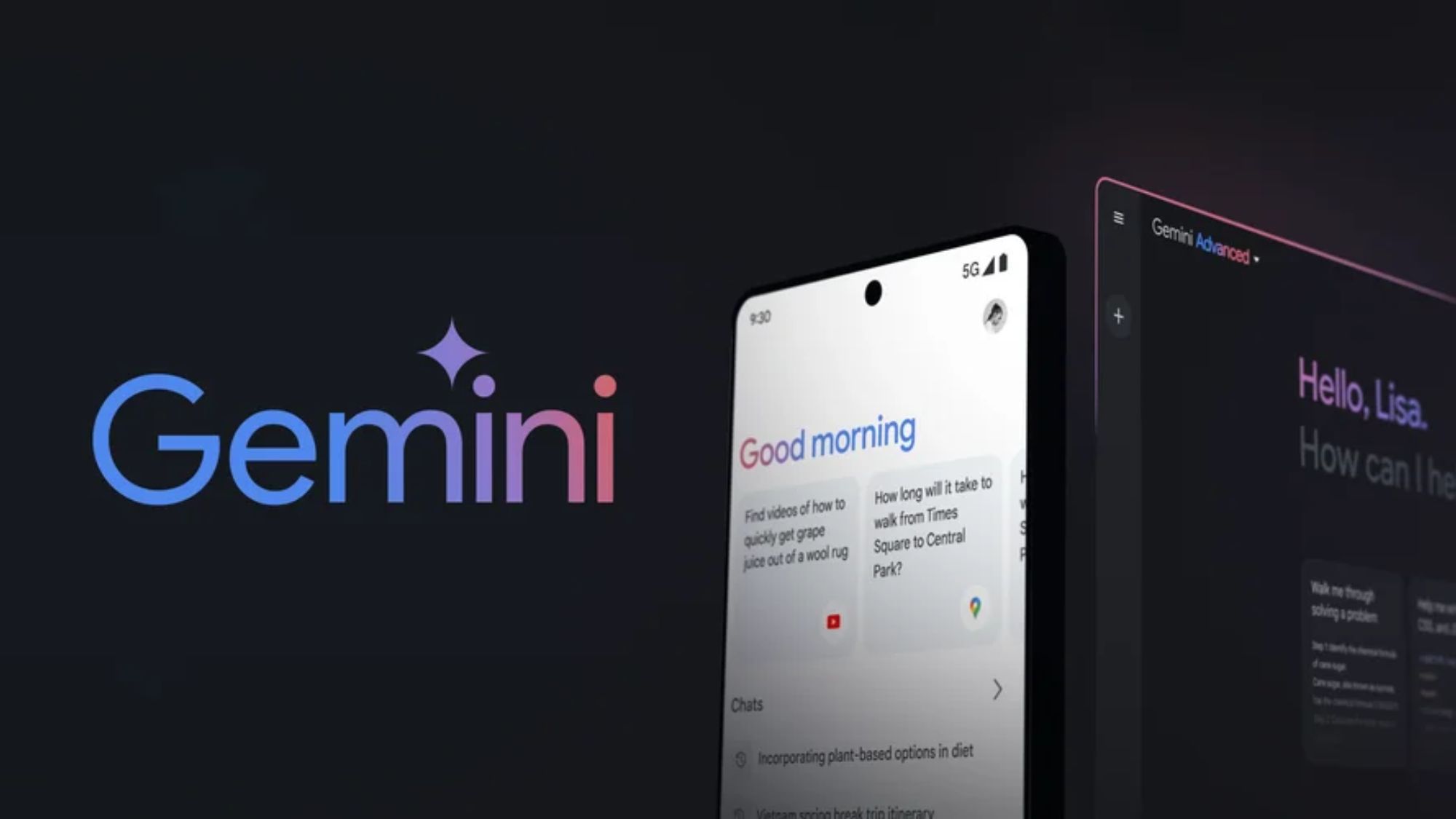
With Gemini Advanced, you can upload spreadsheets to get insights and help with data cleaning, upload Google Docs, PDFs, and other documents to see simplified summaries and feedback, and even edit and run Python code directly in the AI model. You also gain 2TB of storage in Google One with a Gemini Advanced subscription.
Right now, Google is running a promo that gives you the first month of Gemini Advanced for free. After that, it'll cost you $19.99 per month. Or, if you're in the market for a new laptop, you can buy a Chromebook Plus and get a year of Gemini Advanced for free.
Gemini privacy
Recently, Google's Gemini Nano beat Apple to the privacy-protecting punch by making Android the first mobile OS to include a built-in, on-device AI foundation model. Apple won't have this until later this year with the debut of iOS 18 and the iPhone 16 series.
Gemini Nano is only available for the Pixel 8 Pro and Samsung S24 series right now, but will be available for the Pixel 8 and Pixel 8a "soon as a developer option."
With Google's on-device Gemini Nano model, most of the AI features it offers will be done on the phone itself, not via cloud-processing, without the need for an internet connection. But what about other phones, laptops, or tablets that don't support on-device processing?
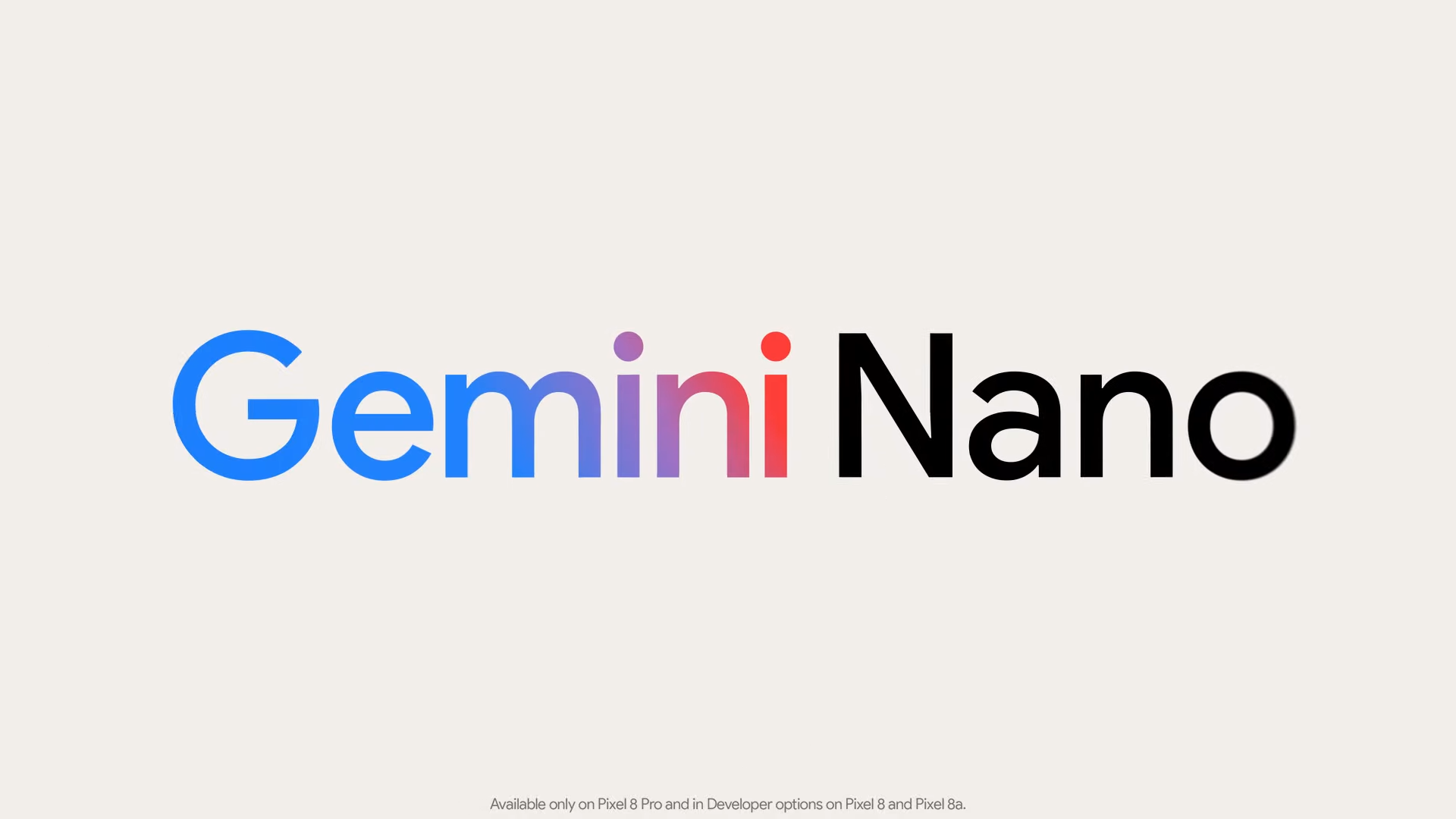
Well, when two new Chromebooks debuted in May 2024, an eerie privacy disclaimer from Google regarding Gemini raised a few concerns. In bold lettering on the Gemini Help page, Google delivers an ominous privacy warning:
"Please don’t enter confidential information in your conversations or any data you wouldn’t want a reviewer to see or Google to use to improve our products, services, and machine-learning technologies."
Despite this strange wording, Sissie Hsiao — VP and GM of Gemini experiences and Google Assistant — writes, "Gemini keeps your files private to you, and they're not used to train [Google's] models."
Although your files might not be used to directly train Google's AI models, it seems your data is still collected when you use Gemini. According to the company's Gemini Apps Privacy Notice, "Google collects your Gemini Apps conversations, related product usage information, info about your location, and your feedback."
Gemini has the potential to be incredibly helpful, but you'll have to personally weigh that against what information you want Google to collect from you. AI models need information to learn, and any data it can get makes it better, but that's a trade-off each individual has to consider.
Outlook
Overall, Google Gemini's future looks good. Yes, it still needs some work. For example, Gemini in Gmail isn't quite the AI revolution we hoped for, but the potential is definitely there in Gmail and other services as well. But what AI model is perfect right now?
Considering Google just announced its 1.5 Flash model coming to Gemini on July 25, 2024, we likely won't get any feature updates for a while. However, we will probably see quite a few feature demonstrations at the upcoming Made by Google event on August 13, where we'll see Google's new Pixel 9 series lineup debut.

Sarah Chaney is a freelance tech writer with five years of experience across multiple outlets, including Mashable, How-To Geek, MakeUseOf, Tom’s Guide, and of course, Laptop Mag. She loves reviewing the latest gadgets, from inventive robot vacuums to new laptops, wearables, and anything PC-related. When she's not writing, she's probably playing a video game, exploring the outdoors, or listening to her current favorite song or album on repeat.











